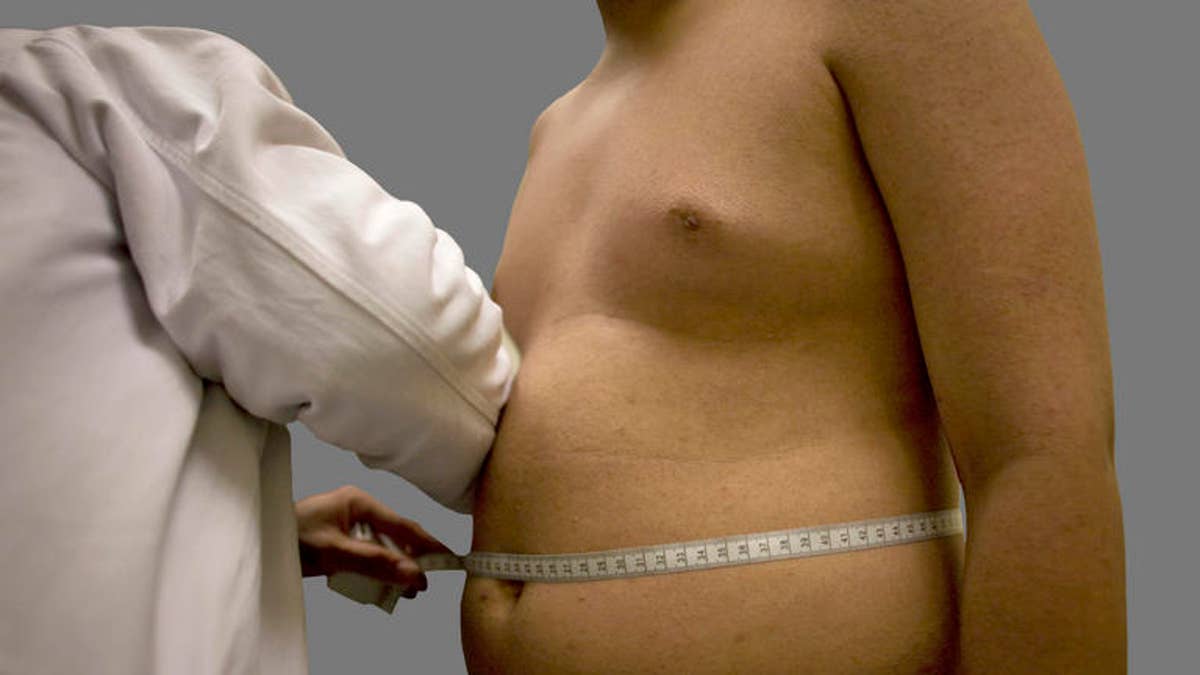
(AP)
A new study has found that morbid obesity hinders organ donation and may even be contributing to a shortage of living kidney donors, according to researchers.
In an analysis of 104 potential kidney donors, researchers at the Hofstra North Shore-LIJ School of Medicine and Feinstein Institute for Medical Research found that 23 percent of the patients were classified as morbidly obese (with a body mass index higher than 35), which prohibited them from being able to donate.
Furthermore, the researchers said only 18 percent fell into a normal weight range, according to their BMI. The remaining 82 percent ranged from overweight to morbidly obese.
“This is the first time the pre-donation period was studied [in regards to organ transplants],” said Dr. Mala Sachdeva, assistant professor of medicine at the Hofstra North Shore-LIJ School of Medicine and researcher at the Feinstein Institute for Medical Research. “…Nobody has studied the pre-donation period and how many are excluded based on obesity.”
The study encompassed every person intending to donate a kidney who visited the Long Island transplant center between the years of 2008 to 2011 for an evaluation, Sachdeva clarified. This suggests the shortage due to obesity likely translates nationwide, she added.
“Just looking at these findings, we can definitely see obesity is a problem here,” Sachdeva said. “On a local level, we’re seeing it’s limiting the number of living donors, and it needs to be explored on a national level. I would not be surprised if we see similar findings.”
Additionally, while the transplant center Sachdeva works at only excludes those with a BMI of 35 or higher, for other centers the cut-off is 30, excluding even more potential donors. In the study, approximately 40 percent of the potential donors would have been excluded had the cut off been at 30.
“Something needs to be done – we can’t wait on this,” Sachdeva said. “We have more than 92 candidates on the waiting list for a kidney transplant, and nearly a quarter of people who could donate are excluded based on obesity.”
Morbidly obese patients are generally not used as organ donors due to the increased risk of complications during the operation and the development of chronic conditions linked to obesity, such as type 2 diabetes, hypertension and heart disease. Type 2 diabetes and hypertension are the two leading risk factors for end-stage renal disease, meaning an obese person would be at much greater risk for serious consequences down the road if he or she did donate a kidney.
Obese people in the study who wanted to donate were put into contact with a nutritionist at the transplant center who recommended rigid lifestyle and diet modifications and followed up with each person monthly to chart their progress.
Only 3 percent of those who fell into the morbidly obese category were able to successfully lose the weight and donate their kidneys. According to the researchers, the majority of the other obese participants were either still trying to lose weight (30 percent) or had changed their minds about donating (26 percent).
“We need to target that 30 percent who are really motivated to lose weight,” Sachdeva recommended. “What can we do differently? We could put them in a more rigorous weight loss program, have closer follow-up, offer motivational support groups or even in some participants – if their BMI permits – consider bariatric surgery.”
On a national level, Sachdeva added, it is critical to continue to educate the public on obesity. She said most potential donors who came into the transplant center were not even aware their weight may be an impediment to donation.
“A lot of the people who come in really have the motivation to donate,” Sachdeva said. “Then they get their weight and height measured and when they find out they can’t donate, they’re pretty upset.”
